Our Location
304 North Cardinal St.
Dorchester Center, MA 02124
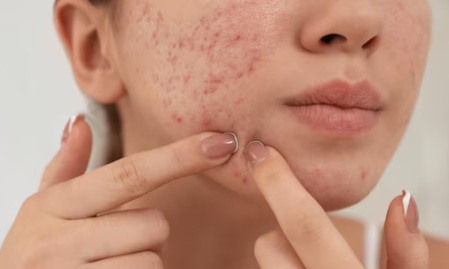
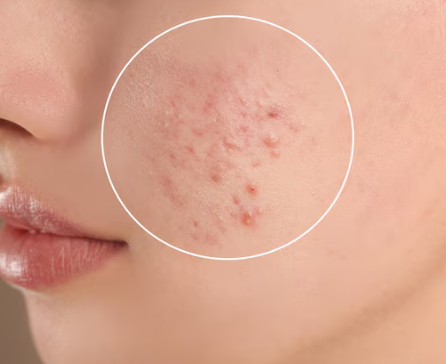
Acne is a common skin condition that affects millions of people worldwide. Characterized by pimples, blackheads, and cysts, acne can cause significant physical and emotional distress. It is most prevalent during adolescence but can affect individuals of all ages. Understanding acne, its causes, and its treatments is crucial for effective management and prevention.
Acne manifests in various forms, each requiring different treatment approaches.
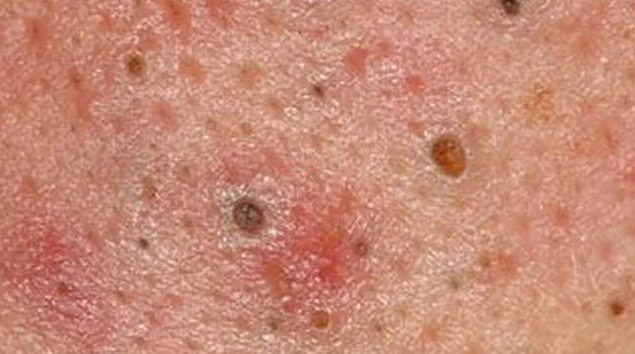
Comedonal acne is primarily characterized by blackheads and whiteheads. It occurs when hair follicles are clogged with oil and dead skin cells.
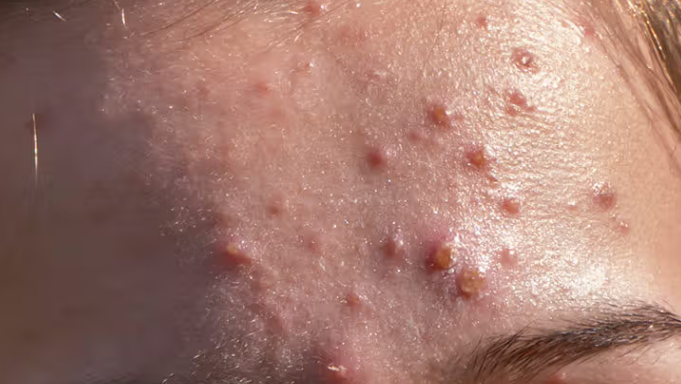
Inflammatory acne is marked by red, swollen pimples that are often painful. It includes papules, pustules, and nodules.

Cystic acne is a severe form of acne that results in large, pus-filled cysts. These can be particularly painful and often lead to scarring.
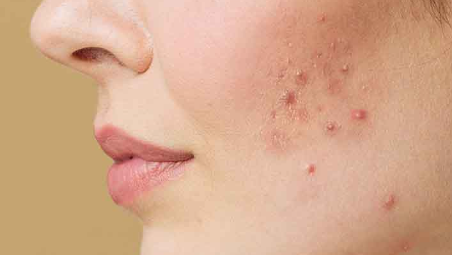
Hormonal acne is linked to fluctuations in hormones, particularly during puberty, menstruation, or pregnancy. It often appears on the jawline and chin.
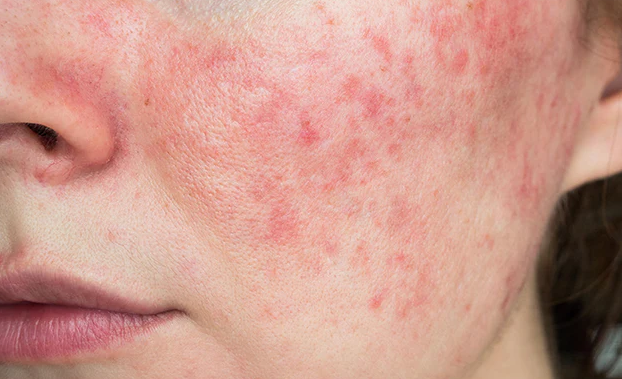
Acne rosacea is a chronic skin condition that causes redness and visible blood vessels on the face. It is often mistaken for regular acne but requires different treatment.
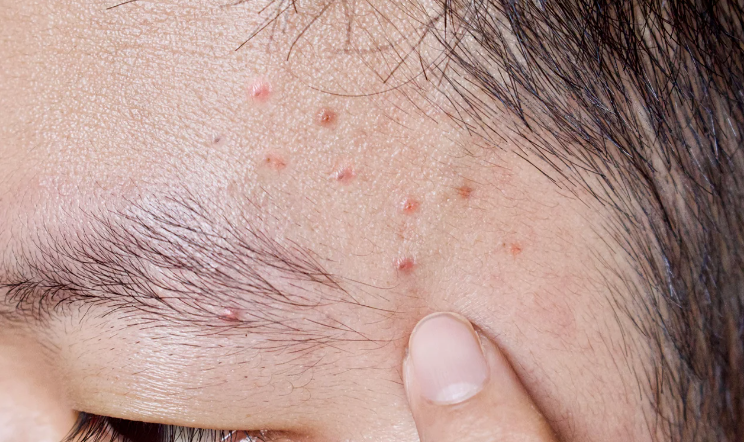
Acne mechanica is caused by physical factors such as friction from clothing or sports equipment. It is common in athletes and individuals who wear tight gear.
Recognizing the symptoms and signs of acne is the first step toward effective treatment.
Various factors contribute to the development of acne.
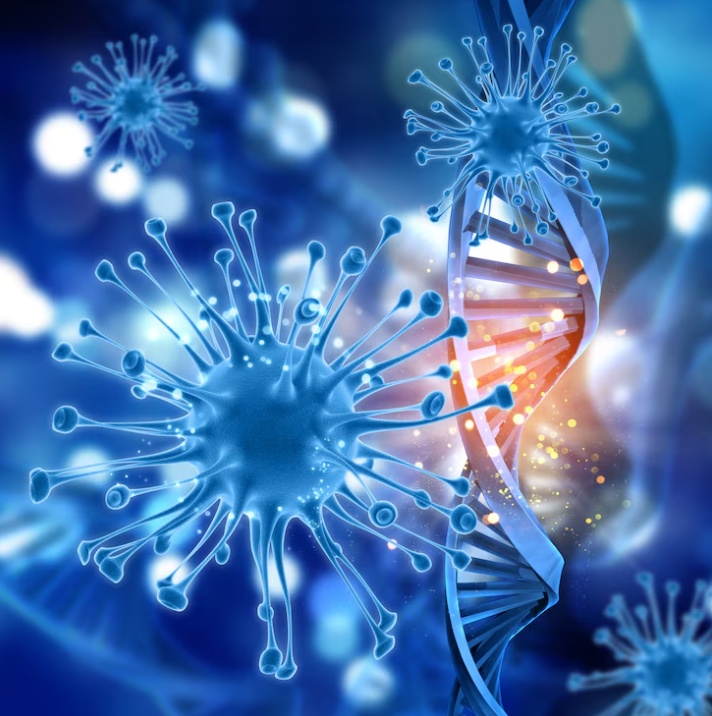
Hormonal changes, particularly during puberty, increase oil production, leading to clogged pores and acne.
Pollution, humidity, and exposure to certain chemicals can exacerbate acne.
Diet, stress, and hygiene practices play significant roles in acne development.
A family history of acne increases the likelihood of developing the condition.
Fluctuations in hormones due to menstruation, pregnancy, or conditions like polycystic ovary syndrome (PCOS) can trigger acne.
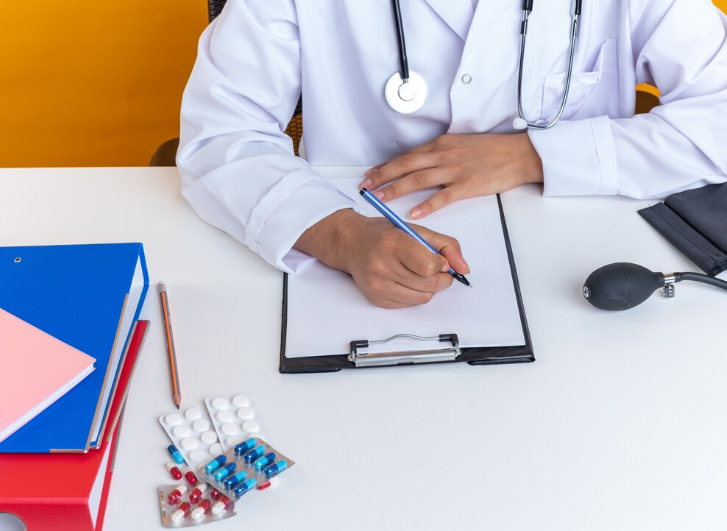
Accurate diagnosis is essential for effective treatment.
A dermatologist examines the skin to identify the type and severity of acne.
Understanding a patient’s medical history helps in identifying potential triggers and suitable treatments.
Tests to measure hormone levels or detect underlying conditions may be necessary for some individuals.
In rare cases, a skin biopsy may be performed to rule out other skin conditions.
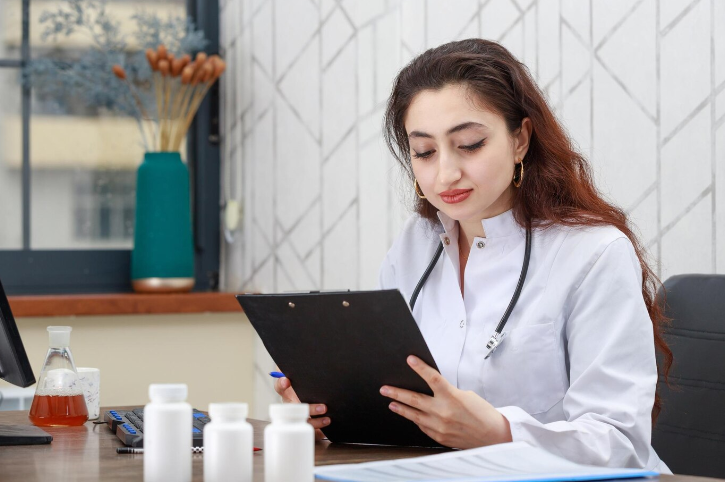
Various treatments are available to manage and reduce acne.
Creams, gels, and lotions applied directly to the skin can reduce inflammation and prevent clogged pores.
Oral antibiotics, birth control pills, and isotretinoin are used for more severe cases of acne.
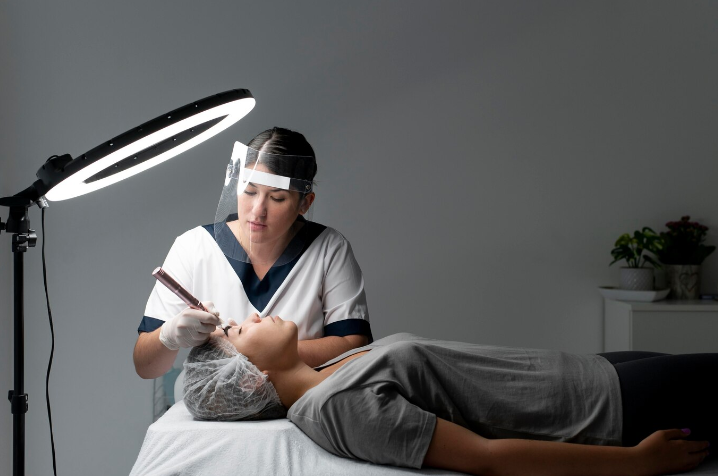
Laser treatments and light therapies can reduce bacteria and inflammation, promoting clearer skin.
Chemical peels exfoliate the skin, removing dead cells and unclogging pores.
Natural remedies like tea tree oil, aloe vera, and honey can be effective for mild acne.

Preventing acne involves a combination of good skincare and healthy lifestyle choices.
Eating a balanced diet rich in fruits, vegetables, and whole grains can help maintain healthy skin.
Regular exercise, adequate sleep, and stress management are crucial for overall skin health.
Identify and avoid factors that exacerbate acne, such as certain foods, skincare products, or environmental conditions.
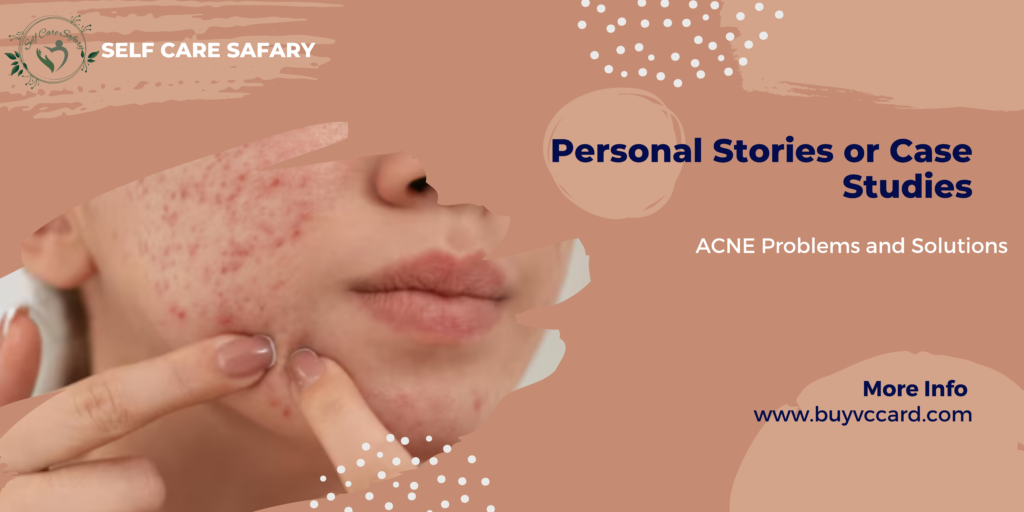
Real-life experiences offer valuable insights into living with and overcoming acne.
Hearing from individuals who have battled acne can provide comfort and inspiration.
Acne can affect self-esteem, social interactions, and overall quality of life.
Stories of successful treatment and clear skin can motivate those currently struggling with acne.
Advice from dermatologists and skin care professionals is invaluable.
Dermatologists offer professional insights and tips for managing acne.
Skincare experts provide practical advice on products and routines.
Staying informed about the latest research can help in understanding new and effective treatments.
In summary, acne is a multifaceted condition that requires a comprehensive approach for effective management. Understanding its types, causes, and treatments is crucial for achieving clear skin. By following preventive measures and seeking professional advice, individuals can improve their skin health and overall well-being.